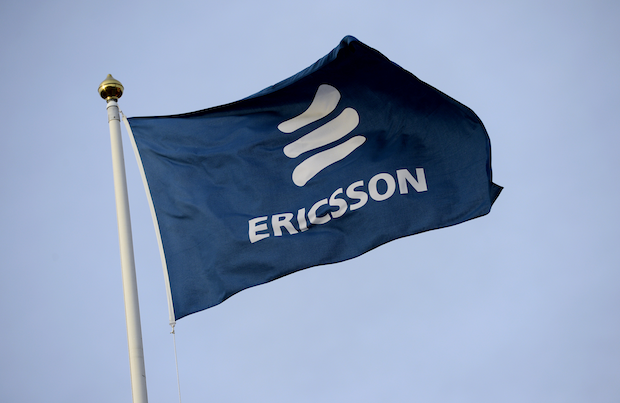Ericsson shares plummet 13 per cent as firm admits it may have paid Isis in Iraq

Ericsson’s shares plunged as much as 13 per cent today after the telecom gear maker said it may have made payments to ISIS based on “unusual expense claims in Iraq” dating back to 2018.
In a lengthy statement posted late on Tuesday, the Swedish company said that during an internal investigation it identified payments made to intermediaries, as well as the use of alternate transport routes in connection with “circumventing Iraqi Customs at a time when terrorist organizations, including ISIS, controlled some transport routes”.
Speaking with the newspaper Dagens Industri, Ericsson’s chief exec Borje Ekholm commented: “With the means we have, we haven’t been able to determine the final recipients of these payments”.
Some of these activities in question include employees making donations without a clear beneficiary and paying suppliers without proof of documents.
However, the firm said it “could not identify that any Ericsson employee was directly involved in financing terrorist organisations”, but stated that some employees “were exited from the company”.
Ericsson were unable to provide any additional comment to City A.M. at this stage, but asserted that it “takes all reports of misconduct extremely seriously”. Ericsson said it would also be working with an external counsel to review findings.
On yesterday’s market reaction, Neil Campling, Head of TMT Research at investment bank Mirabaud, called Ericsson’s share slump a “shoot now, ask questions later’ panic” from investors.
“Whichever way you slice and dice it, a potential link to ISIS in Iraq being uncovered by an internal investigation isn’t going to look good”, said Campling.
Indeed, an interesting backdrop to Ericsson’s statement was the $1bn (£736m) payout the telecom giant made in December 2019 to settle a US criminal and civil investigations into foreign corruption.
At the time, the countries in question covered China, Indonesia, Vietnam, Djibouti and Kuwait. The group has since come under fire for breaching the obligations agreed with the US Department of Justice by failing to provide documents and information.